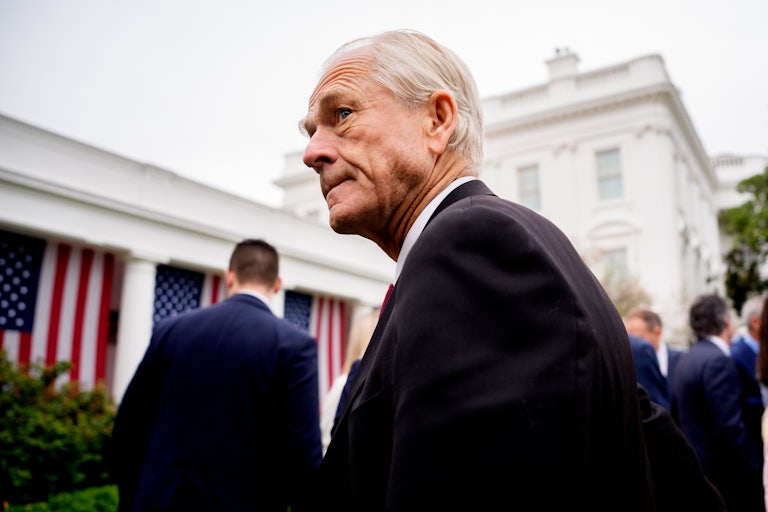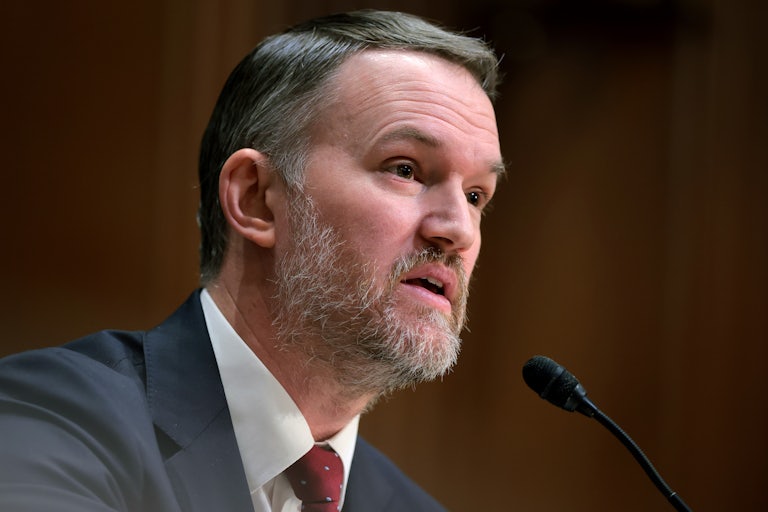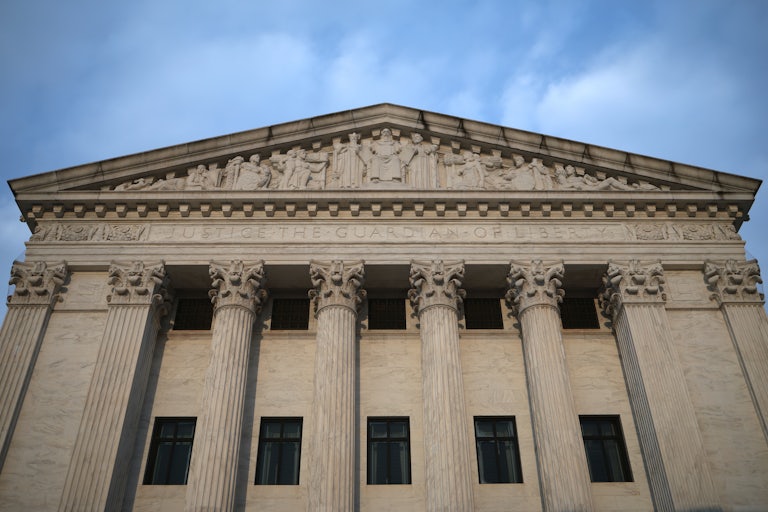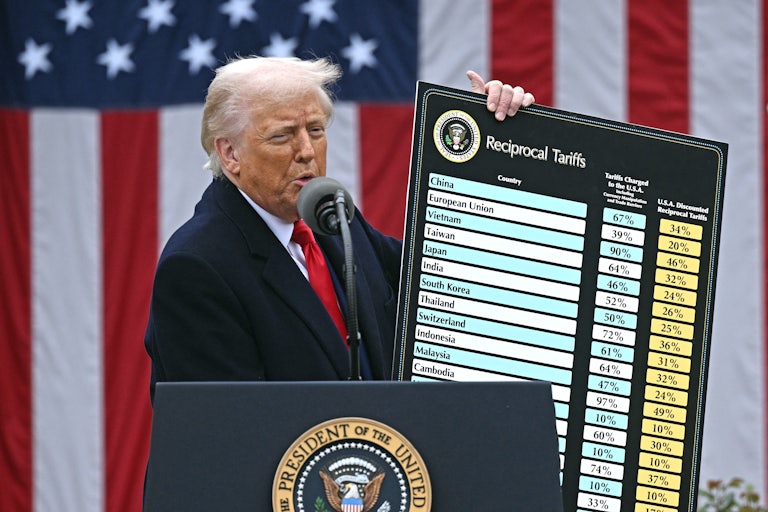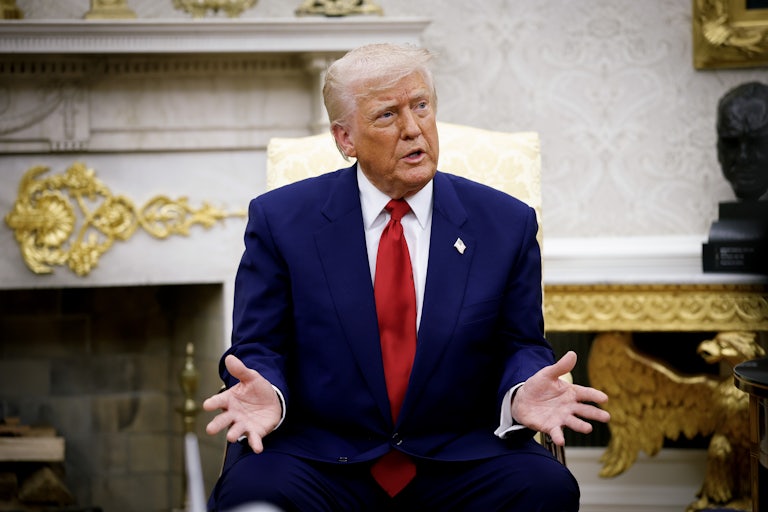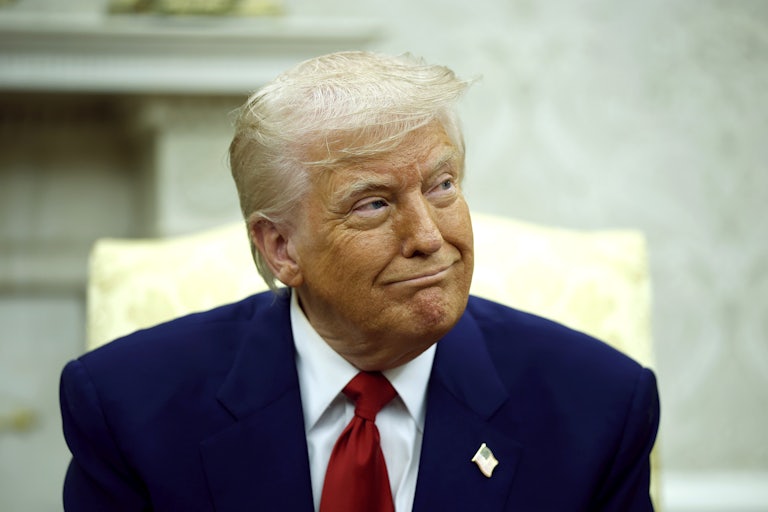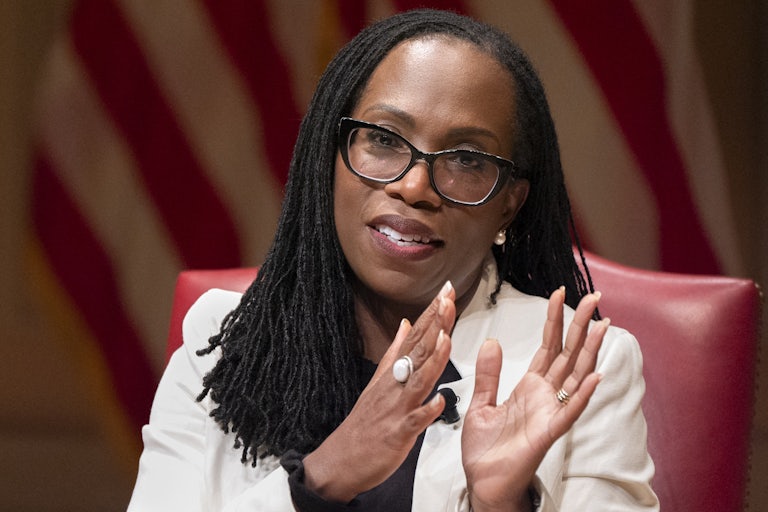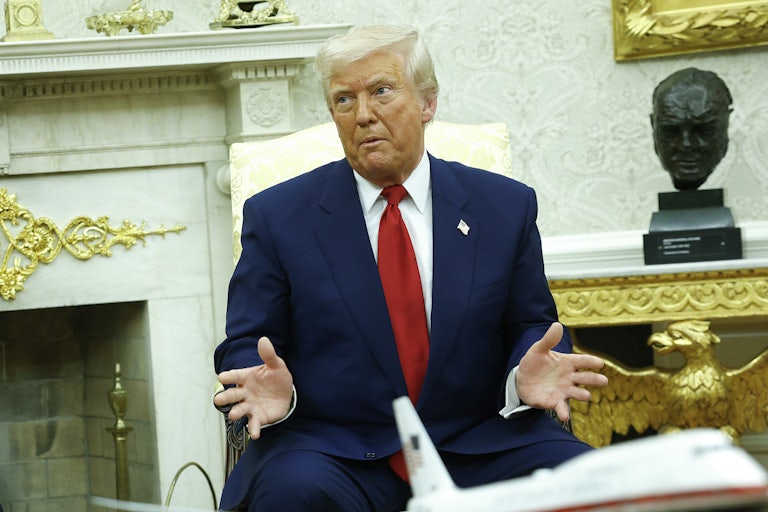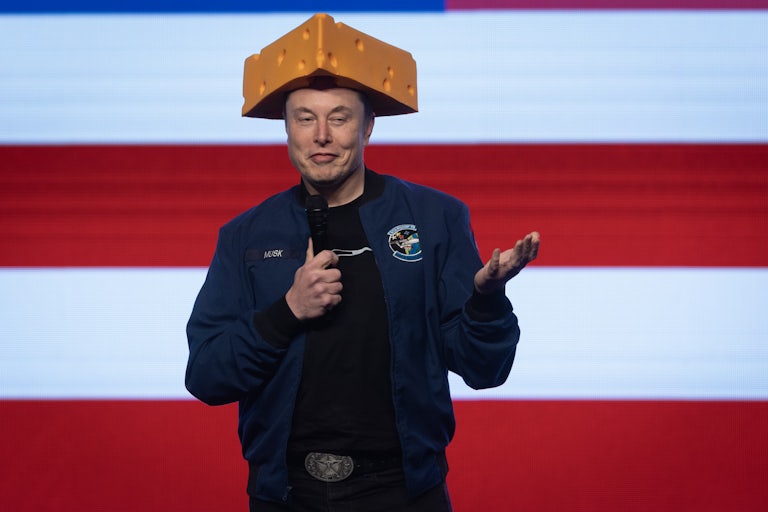Justice Department Announces Stunning Change on Crypto Investigations
The DOJ is all but declaring open season on crypto fraud.
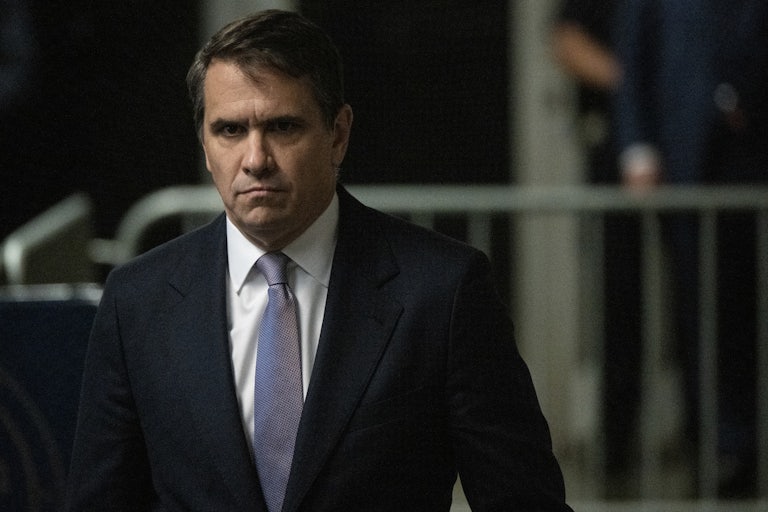
Trump’s Justice Department is going to pull back on prosecuting cryptocurrency fraud, according to a memo from Deputy Attorney General Todd Blanche.
The memo, sent to the Justice Department Monday, states that the DOJ won’t be pursuing cases that Blanche said are better suited for financial regulators, instead focusing on crimes committed with cryptocurrency, such as selling illegal drugs, The Washington Post reports.
Blanche also plans to dismantle the National Cryptocurrency Enforcement Team, which was set up in 2022 to “address the challenge posed by the criminal misuse of cryptocurrencies and digital assets.” The move throttles an enforcement team that has successfully prosecuted market manipulation schemes and attempts to hide the owners of crypto assets. The unit was already hampered by the fact that in the Trump administration’s first days, its leader was transferred to a new sanctuary cities division in the DOJ.
Now other attorneys previously focused on cryptocurrency will instead focus on immigration crimes and procurement fraud, the memo states, although federal prosecutors will still be directed to bring cases against people who defraud investors.
The shift away from prosecuting crypto crimes is not surprising for the Trump administration. The president has long cozied up to cryptocurrency investors, and even engaged in some shady crypto transactions of his own, such as his deal with Justin Sun, a Chinese national accused of fraud. Trump and his wife, Melania, have also released their own memecoins.
The president’s announcement last month of a new national “crypto strategic reserve” smacks of a blatant ploy to make some of his cronies richer, and the Trump family has reportedly held talks about taking a financial stake into Binance, a cryptocurrency firm that pleaded guilty in 2023 to money laundering. It seems that Trump and his cronies are looking to profit from cryptocurrency and want pesky regulations and law enforcement out of the way.
